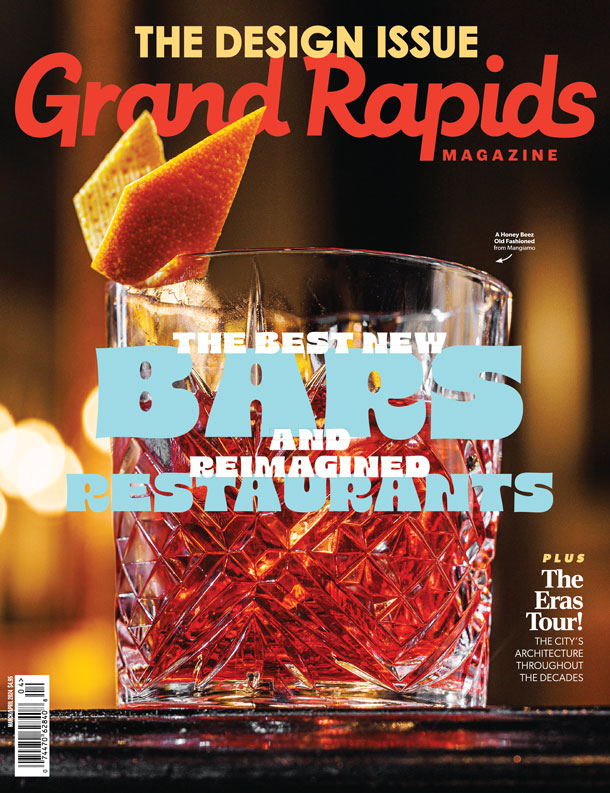Sean Panikkar treats his body well. Even when on the road, he makes time for running and lifting weights. He cooks his own food. Restaurant fare tends to be unhealthy and, besides, you never know who made it; it’s not worth the risk of getting sick.
After all, he’s an opera singer.
He could rehearse three weeks or more for a show. He doesn’t want to put in that time only to miss a performance due to the common cold. Besides, performances pay. Rehearsals don’t.
Panikkar, the son of Sri Lankan immigrants, grew up in small-town Bloomsburg, Pennsylvania. His parents made sure he studied music, not because they thought he would pursue it—“they never dreamed that I would,” he said—but because music is vital to a well-rounded education. He took up the violin at three years old and the piano at six. And he began to sing.
In middle school, music teachers told him that not only was he talented, but that he could make a career in music. But that wasn’t his dream. What was? “Owning a construction company. Building design fascinated me,” he said.
He was accepted into the University of Michigan’s engineering program. Hearing that the school offered a fine music program, he applied to that as well—and was accepted. There, he met a beautiful young woman who played piano and trumpet. Too shy to ask her out, he did the next best thing; he asked her to accompany him as he sang. It worked; he later married her.
As he learned to sing, he also learned to hear music. Bloomsburg hadn’t been a hotbed of opera obsessives. “I was in an opera before I saw an opera,” he said. Now, he dived into the form, finding through attending performances that opera was visual, visceral and moving. At a performance of “La Boheme,” he wept.
His interest in engineering dissipated. He decided to give music his all, and his all has led him to world-renowned stages; to incredible colleagues and teachers; and to what is perhaps more impressive than anything to his friends and family: the watchful gaze of Howard Stern and his fellow judges on “America’s Got Talent.”
A YouTube clip shows Panikkar, handsome and serious in a formal shirt and jacket, surrounded by two similarly-attired young men. “Unchained Melody” is the song. If the lighting and smoke don’t tip into schmaltziness, the instrumentation does; still, the power of the three classically-trained voices is undeniable, and the end result is thrilling.
In the classical world, this kind of performance can be frowned upon, as if it’s slumming. But Panikkar points out that, for many people in smaller towns, this may be their only way to encounter a classically-trained voice. And for some, it may be a gateway.
There are fewer gateways than there used to be. While there are still parents encouraging—or enforcing—musical education, school music programs are an easy-to-cut line item in badly-strained budgets. And in a world in which people frantically refresh apps, there are fewer opportunities to sit still and encounter something deep and beautiful.
Grand Rapids will host one of those opportunities on Thursday, Feb.7 at 7:30 p.m. At the Betty Van Andel Opera Center, Panikkar will sing a solo selection, accompanied by Rohan De Silva, a world-class pianist who has previously played with, among others, Itzhak Perlman.
“Teachers always tell you, ‘sing with your own voice,’” he said. “But some people don’t.” They try to emulate the singers they love. But everyone has different bodies, and thus different instruments. Imperfect instruments, at times, which he loves; in those imperfections, he can hear the beautiful moment in which a singer’s passion has carried him or her away.
Those who wish to hear Panikkar’s own passion, sung in a voice inarguably his own, are encouraged to set down their phones, step up into the venue and lose themselves to the music.
Tickets for the performance are available through Opera Grand Rapids.
*Photo by Kristina Sherk








Facebook Comments